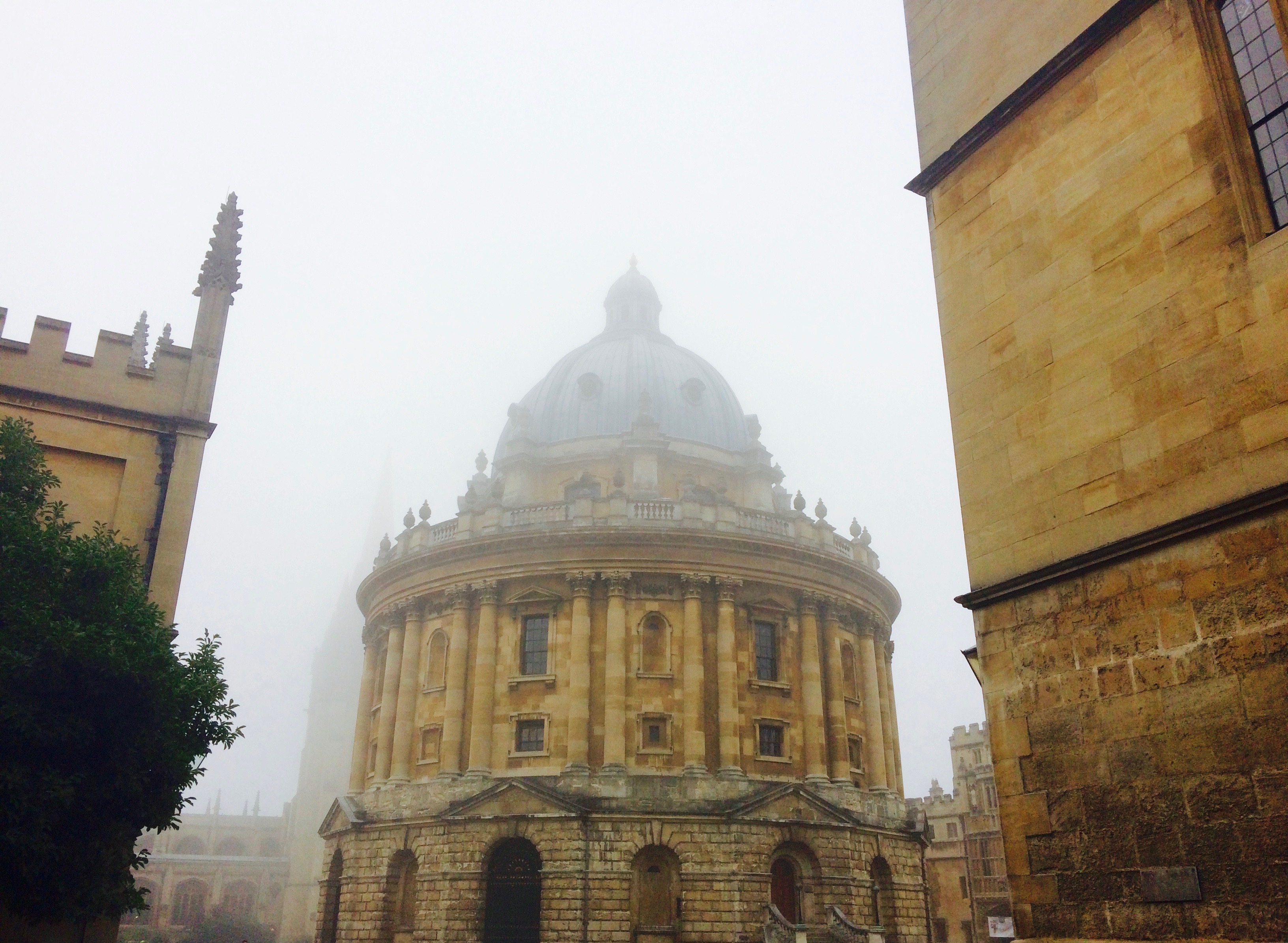By Jonathan and Jessica Hodge
Often, the most helpful way to begin any truth-seeking conversation is with definitions. As we invite you to join the conversation that is classical education, it is necessary to define some key terms that we will use frequently in our writing and discussions. At the beginning, let us begin with “classical,” “classical Christian,” “liberal arts,” and “classical sciences.”
Classical:
While this word has many definitions and connotations, from a style of music to architecture, when used to refer to education, it carries a specific meaning. The term classical references a style and philosophy of teaching with specific conclusions about the purpose, method, and content of education.
Purpose: Education is for the cultivation of wisdom and virtue.
Method: Education is about the formation of habits in action and thought. These habits will aid in the student in their continual discovery of, interaction with, and conversation about the content.
Content: Education is concerned with the very best of previous human achievement that has stood the test of time.
Classical Christian:
The classical tradition begins before Christ, but will find its ultimate purpose when connected with the truth of Scripture. Classical Christian education takes this historical method of instruction and directs it toward Christ as the source of goodness, truth, and beauty. Christianity provides reason to the pursuit of wisdom and virtue.
In order to discover and love what is good, true, and beautiful, classical education will develop the student’s knowledge and understanding of the liberal arts and the classical sciences.
The Seven Liberal Arts
So named because the study of the following was considered to guide a human toward a more free (or liberal) existence. This is not in the modern sense of "free from" but rather in a sense of "free to." Freedom in the classical tradition deserves its own article another time.
- Grammar (the rules of a language: this includes both the student’s native tongue and the classical languages of Latin and Greek)
- Logic (identifying and forming reasonable arguments)
- Rhetoric (appropriate, true, and persuasive communication)
- Arithmetic (mathematic literacy)
- Geometry (shapes and angles)
- Music (musical theory and performance)
- Astronomy (the stars and movements of planets)
The Classical Sciences
The designation "classical" here is to expand our understanding of science beyond simply natural and physical phenomena and into human and metaphysical knowledge.
- Natural Sciences (biology, chemistry, physics)
- Human Sciences (ethics, history, and politics)
- Philosophy (the study of ideas)
- Theology (the study of God)
Each student will encounter the arts and sciences as appropriate to their age and ability. Yet at the end, the classically educated student will be able to explore, discuss, and maybe even teach on any of the above subjects with confidence and clarity.
If you are interested in futher reading, and seeing our launch point for many of the above thoughts, we would recommend the following page.

